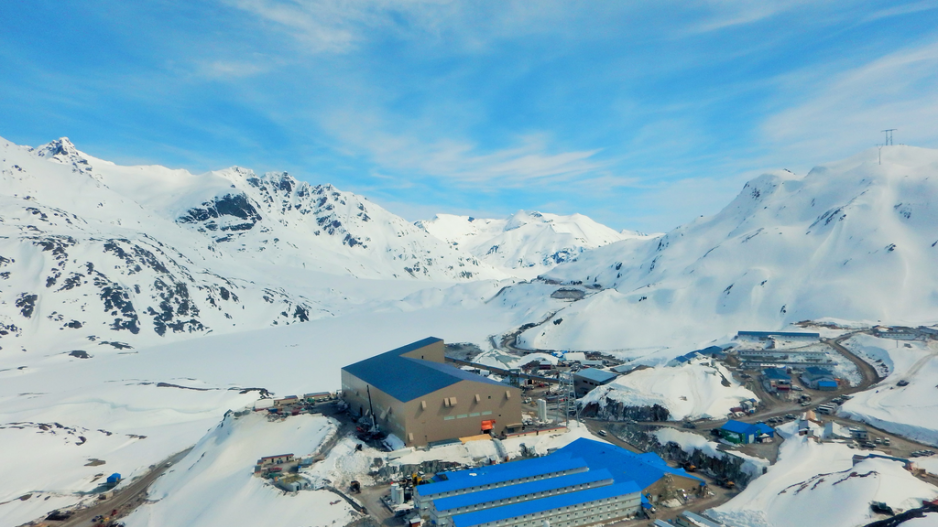B.C’s. government continues to allow miners to work in underground facilities during the COVID-19 pandemic response.
And, it remains unclear who exactly is in charge of this situation, based on statements from provincial authorities.
A WorkSafeBC media relations spokesperson said Monday the province’s occupational health and safety regulator doesn’t regulate mines and suggested contacting the Ministry of Energy, Mines & Petroleum Resources.
According to a March 18 Ministry of Energy, Mines and Petroleum Resources statement said mines still have the green light to operate with conditions.
“Although bunkhouses and cafeterias are regulated by WorkSafeBC and regional health authorities, the chief inspector of mines is also recommending that mine managers limit the number of people in each area to fewer than 50 at any given time and establish multiple sittings in cafeterias to minimize interactions,” stated the ministry.
While some mines in Canada have shut down, at least one in B.C. continues to send miners into these underground facilities, citing government direction.
Pretivm (TSX:PVG) operates the Brucejack gold mine in B.C.’s far northwest.
CEO Joe Ovsenek said Monday the mine is operating at reduced workforce of “essential services” although the usual capacity is 500 people at a time.
When it comes to COVID-019, Ovsenek said the primary concern is workers’ safety.
“It’s peoples’ health,” said Ovsenek, a trained engineer and lawyer. “We want everybody to stay healthy.”
An online “coronavirus update” from Pretivm claims hygiene measures have been “stepped up” for common areas, meaning the cafeteria has been arranged not to permit more than 50 people at one time, while physical distancing is being enforced. The company says it is engaged with the regional health authority.
The update makes no mention of how physical distancing can be safely accomplished in close underground quarters — a concern raised to Glacier Media by several miners.
COVID-19 is a highly infectious respiratory illness and known to be more deadly among elderly and those with underlying respiratory conditions — a common health outcome for miners, according to the U.S. Centers for Disease Control and Prevention.
Worksafe BC has Occupational Health and Safety Regulation Part 22: Underground Workings posted on its website.
That regulation deals with supervision, work methods, safety procedures, breathing apparatus, ventilation and air flow, transportation of workers and other issues.
Canadian lawyers have already said workers can refuse work in the COVID-19 situation if they believe it may make conditions unsafe.
“It is possible that the COVID-19 pandemic may create the basis for a legitimate work refusal,” a brief from McCarthy Tetrault LLP said
According to a March 18 Ministry of Energy, Mines and Petroleum Resources statement, mines in B.C. must follow the public health order prohibiting gatherings in excess of 50 people. The ministry “recommends” reducing the number of on-site personnel by encouraging work from home where feasible as well as “reducing” in-person meetings.
The recommendations also include advice for transportation to and from mines, as well as general implementation of social distancing practices of two metres between people.
Dozens of workers fly in and out of the mines such as Brucejack each day, concerned miners said. And, they live across Canada.
Northern Health’s chief medical health officer, Dr. Raina Fumerton, was asked via a communications spokesperson if she agreed with the province’s direction on mines. A response will be updated should Glacier Media receive one.
In Calgary Dominion Diamond Mines ULC announced Thursday the suspension of its Ekati mine operations from the virus threat, citing the high frequency of air travel required for employees.
Sparwood Mayor David Wilks, along with the mayors of Fernie and Elkford, told CBC News the transient nature of the workers at the Teck Resources coal camp poses the biggest threat of spreading the novel coronavirus.
@jhainswo




